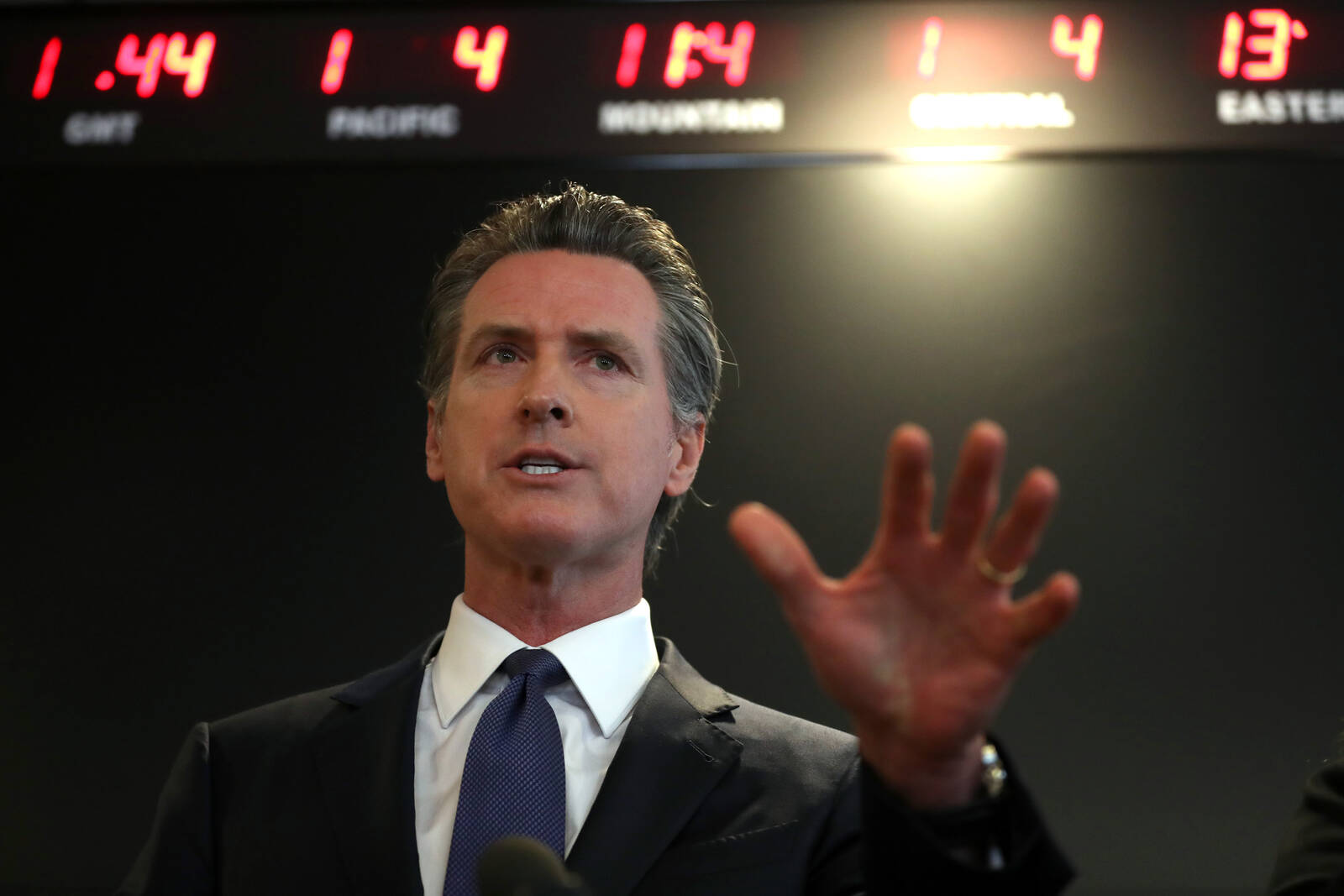Gavin Newsom’s Veto of Cannabis Cafes and Psychedelic Medicine: A Balancing Act
LOS ANGELES-California Governor Gavin Newsom’s recent actions on cannabis-related bills have left both proponents of cannabis reform and the cannabis industry with mixed feelings. While he signed several bills into law that will bring significant changes to the state’s cannabis regulations, his veto of two crucial bills – one related to cannabis cafes and another concerning psychedelic medicine – has raised eyebrows and sparked debates across the political spectrum.
Newsom’s decision to veto Assembly Bill 374, which aimed to legalize cannabis cafes, disappointed advocates who saw it as a step towards normalizing cannabis consumption and creating new business opportunities in the industry. The bill, championed by Assembly member Matt Haney, would have allowed cannabis dispensaries to transform into cafes, offering not only cannabis products but also food and live entertainment with local government approval.

Assembly Member Matt Haney
The intention behind AB 374 was clear – to level the playing field for legal cannabis businesses by providing them with a competitive edge against the thriving illicit market. Drawing inspiration from the successful eradication of the illicit cannabis market in the Netherlands, where cannabis cafes have long been a fixture, proponents argued that California should follow suit.
However, in his veto message, Governor Newsom expressed concerns that the bill could undermine the state’s “long-standing smoke-free workplace protections.” He stressed the importance of protecting the health and safety of workers, effectively signaling that the potential hazards of secondhand cannabis smoke were too significant to ignore.
Assembly member Matt Haney, the bill’s sponsor, voiced his disappointment, emphasizing the need to support businesses that adhere to the rules and regulations of the legal cannabis market. He argued that excessive regulations could inadvertently encourage illegal drug sales, countering the state’s efforts to regulate the industry.
In a surprising move, Newsom also vetoed a cannabis packaging bill, AB 1207, which aimed to define and restrict packaging designs that could be deemed “attractive to children.” The governor’s veto message cited concerns that the definition of “attractive to children” was “overly broad” and that the bill’s proposed limits could encompass commonplace designs. This veto was met with applause from industry leaders who believed that the bill would have imposed excessive restrictions and inadvertently benefited the illicit cannabis market.
Pamela Epstein, President of the California Cannabis Industry Association (CCIA), expressed gratitude for Newsom’s decision, stating that the bill would have cost legal cannabis companies millions while potentially favoring the illegal market. The CCIA noted that the governor instead signed Senate Bill 540, an alternative to AB 1207, which retains the requirement for regulators to periodically review cannabis labeling rules for possible adjustments.
These vetoes, however, are just a part of the broader picture of cannabis reform in California. Newsom signed several other bills into law that will bring significant changes to the state’s cannabis regulations. One notable measure is Senate Bill 700, which prohibits employers from asking job applicants about prior cannabis use, further expanding employment protections for cannabis users.
The governor also signed Senate Bill 622, aimed at promoting environmental sustainability by changing how cannabis plants are tagged, reducing plastic waste. Additionally, other bills address issues such as equity, tracking, testing, licensing, and even the possibility of medical professionals legally prescribing and dispensing Schedule I drugs, including psychedelics like psilocybin and MDMA.
Newsom’s decisions on these bills reflect a nuanced approach to cannabis reform, balancing the needs of the cannabis industry, public health, and worker protections. While some may see his vetoes as disappointing, others argue that they prioritize important considerations such as smoke-free workplaces and the prevention of youth exposure to cannabis.
As California continues to refine its approach to cannabis regulation, it is clear that Governor Newsom is carefully weighing the potential benefits and risks associated with each piece of legislation, even if it means disappointing some of his progressive allies. The debate over cannabis cafes and packaging restrictions serves as a reminder that the path to cannabis reform is filled with complex challenges and requires a delicate balancing act to ensure the well-being of all Californians.



































